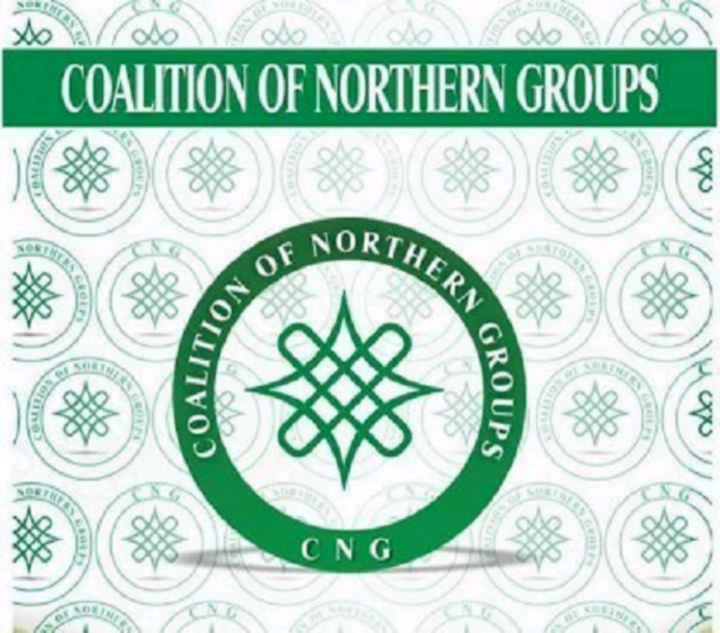A national dialogue advocating for a return to a parliamentary system of government was held in Abuja, with key figures, including Prof. Ango Abdullahi, Yakubu Dogara, Rauf Aregbesola, and Usman Bugaje, underscoring the unsuitability of the current presidential system for Nigeria.
The dialogue, organized by the Parliamentary System Support Group (PSSG) in the House of Representatives, aims to gather support for a bill sponsored by 83 PSSG members advocating the shift, which is awaiting its second reading in the House.
Speaking at the event, Prof. Ango Abdullahi, chairman of the Northern Elders Forum, traced Nigeria’s roots back to the 1914 amalgamation decree, emphasizing that the 100-year edict, which formally expired in 2014, envisioned periodic assessments of the union.

“The colonial agreement advised us to evaluate our progress and unity periodically.
With the original edict expired, this dialogue reminds us to reflect on whether Nigeria has met those ideals,” Abdullahi remarked.
He further described the adoption of a presidential system as a misstep, suggesting that Nigeria needs a system tailored to its unique structure rather than a replica of Western governance models.
“We need a system that fits us—not necessarily the exact parliamentary system of our colonial past, but something indigenous and inclusive,” he noted.
Former Speaker Yakubu Dogara pointed to inherent issues in Nigeria’s version of the presidential system, specifically in terms of accountability.
“Our version lacks real checks and balances. Impeachment is almost impossible, with Section 143 merely mentioning it without effective enforcement provisions.
We lack the strong accountability mechanisms seen in the U.S. system,” he said, adding that presidential appointees have too much influence, including in judicial appointments.
Echoing these concerns, former Minister of Interior Rauf Aregbesola voiced his opposition to the presidential system, arguing that it places excessive power in a single individual.
“A nation as complex as Nigeria requires collective leadership, not centralized executive power.
Effective governance for over 200 million people cannot be left to one individual without sufficient checks,” Aregbesola stated.
Guest speaker Usman Bugaje critiqued the current state of Nigeria’s politics, arguing that the system has failed to serve citizens in the past 25 years.
He called for a “homegrown political system” and outlined three core requirements: a new political philosophy focused on societal welfare, reformed political parties with clear ideologies, and a shift away from a culture of violence and transactional politics.
“Reinventing our political system means moving away from personal gain and addressing the real challenges facing Nigerians.
Our political culture must change if we hope to achieve genuine progress,” Bugaje emphasized.
The dialogue concluded with a strong consensus on the need to re-evaluate Nigeria’s governance model, particularly given the challenges of accountability, over-centralization of power, and the misalignment of current political structures with citizens’ needs.
The forum reiterated its support for the parliamentary bill, asserting that a collective leadership model could foster greater national stability and development.
Support InfoStride News' Credible Journalism: Only credible journalism can guarantee a fair, accountable and transparent society, including democracy and government. It involves a lot of efforts and money. We need your support. Click here to Donate
